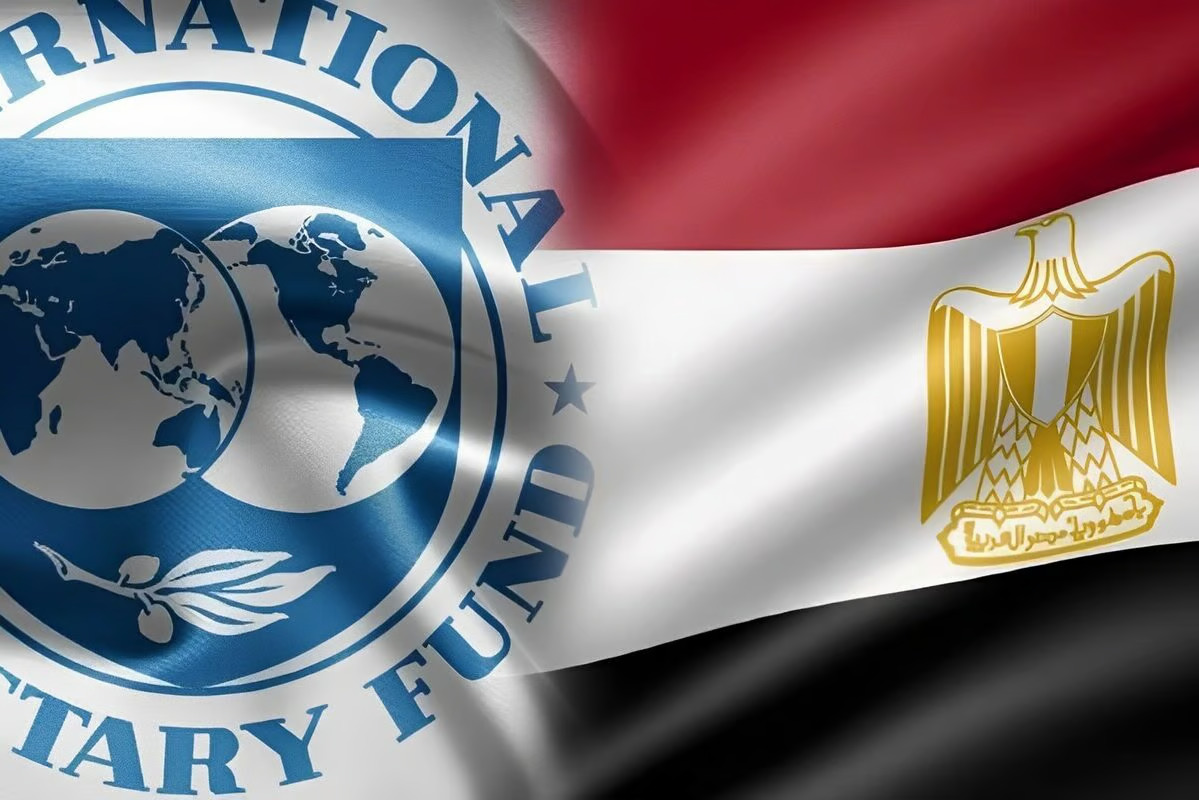The International Monetary Fund (IMF) has approved a fresh disbursement of $820 million to Egypt after the IMF’s Executive Board completed the third review under the $8 billion loan program.
The decision follows a positive assessment of the country’s economic performance since the program began in December 2022. The IMF’s Executive Board completed the third review of Egypt’s 46-month Extended Fund Facility (EFF) arrangement.
Reforms yielding positive results
“Strengthened reforms under the EFF-supported program are yielding positive results,” said Antoinette M. Sayeh, deputy managing director and acting chair. “The unification of the exchange rate and the accompanying monetary policy tightening have curbed speculation, attracted foreign inflows, and moderated price growth. With signs of recovery in sentiment, private sector growth should be poised for a rebound.”
Praise for Egypt’s progress
The lender praised Egypt’s progress in tackling inflation, addressing foreign exchange shortages, and meeting fiscal targets, including those related to large infrastructure projects. These achievements have helped boost investor confidence and improve business sentiment.
Warnings and challenges ahead
However, the IMF warned of challenges posed by the regional conflict in Gaza and Israel, as well as domestic policy issues. It stressed the importance of maintaining a flexible exchange rate, taming inflation, and continuing fiscal consolidation efforts.
“Ongoing fiscal consolidation efforts will help place public debt on a decisive downward path,” the IMF said. “To ensure that resources are still available to meet vital spending needs to help Egyptian families, including on health and education, particular attention will be needed to strengthen domestic revenue mobilization and contain fiscal risks from the energy sector.”
Read more: Egypt’s economy growth to rebound to 4.99 percent in 2025/26 amid policy tightening
Reforms for private-sector-led growth
The IMF also urged Egypt to accelerate the privatization of state-owned enterprises, streamline business regulations, and improve the overall business environment. Strengthening the financial sector and promoting competition in the banking industry were also highlighted as key priorities.
“These measures are crucial for steering Egypt toward private-sector-led growth that can generate jobs and opportunities for everyone,” the IMF further noted.
Austerity measures and inflation targeting
Moreover, the North African nation has embarked on a series of austerity measures to meet the IMF’s conditions, including aggressive interest rate hikes, currency devaluation, and fuel price increases. These measures, coupled with other reforms, have contributed to a gradual decline in inflation, which stood at slightly over 27 percent in June. However, Prime Minister Mostafa Madbouly has set an even more ambitious target of taming inflation to 10 percent by 2025.
Fiscal consolidation and privatization
Beyond monetary policy and price adjustments, the IMF review will assess Egypt’s progress on fiscal consolidation, debt reduction, and privatization. The government aims to narrow the budget deficit, reduce public debt, and divest state-owned assets.
For more economy news, click here.








